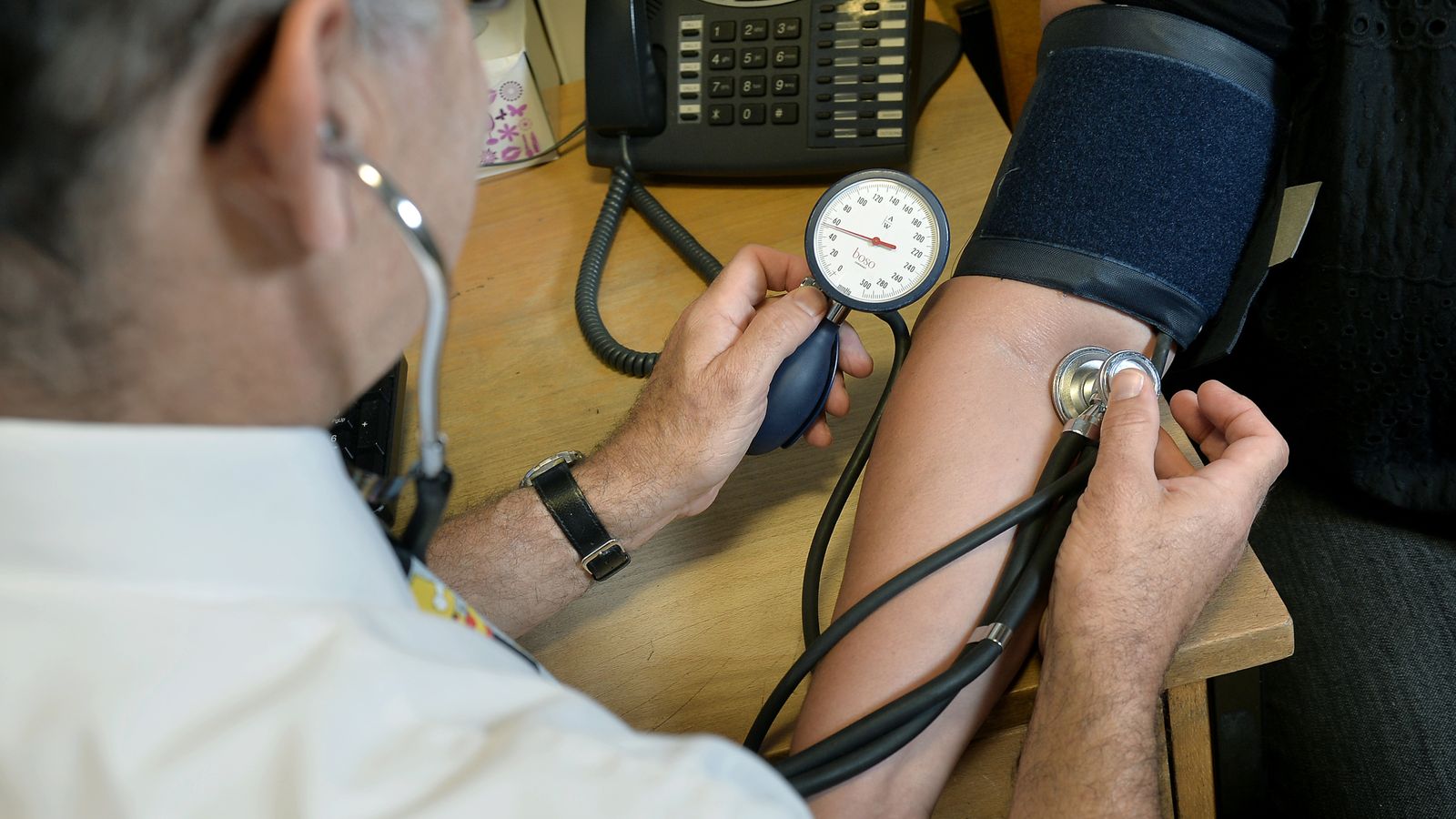Physician associates should be banned from giving diagnoses to “improve patient safety”, the British Medical Association has said.
In new guidance published on Thursday, the union said medical associate professions (MAPs) must not be responsible for first assessing or diagnosing patients, and must be closely supervised when tending to those who have already seen a doctor.
The British Medical Association (BMA) added that MAPs, a category that includes physician associates (PAs) and anaesthesia associates (AAs), should also refrain from telling patients “I am one of the medical team”, without stating their actual job title.
MAPs were introduced by the NHS in 2003 to support doctors, but have been criticised for high-profile mistakes.
In 2022, actress Emily Chesterton died from a blood clot after being misdiagnosed twice. She believed she had been seen by a GP, but instead was assessed on both occasions by a PA.
Professor Phil Banfield, BMA chair of counsel, said the union hopes the document will “improve patient safety”.
The BMA’s Faculty of Physician Associates estimated that in 2021 there were around 3,000 qualified PAs working in the UK and 300 AAs in the NHS.
‘Hypervaccinated’ patient had 217 COVID-19 jabs in less than three years, scientists say
North faces more than five decades of lower healthy life expectancy than South East – study finds
Number of obese people worldwide surpasses one billion
A Department of Health and Social Care spokesperson said in response: “Physician associates have worked in the NHS for over two decades.
“They have been found to be safe, positively contributing to medical and surgical teams, and patient experience, while supporting the clinical teams’ workload – which is why we expanded the role of PAs in the NHS’s Long-Term Workforce Plan.
“The legislation regulating both PAs and anaesthesia associates has now been approved by parliament and will be in place by the end of 2024.
“It will set standards of practice, ensuring that PAs meet the standards that we expect of all regulated professionals, with the General Medical Council operating strict fitness-to-practice procedures and setting education and training expectations.”







